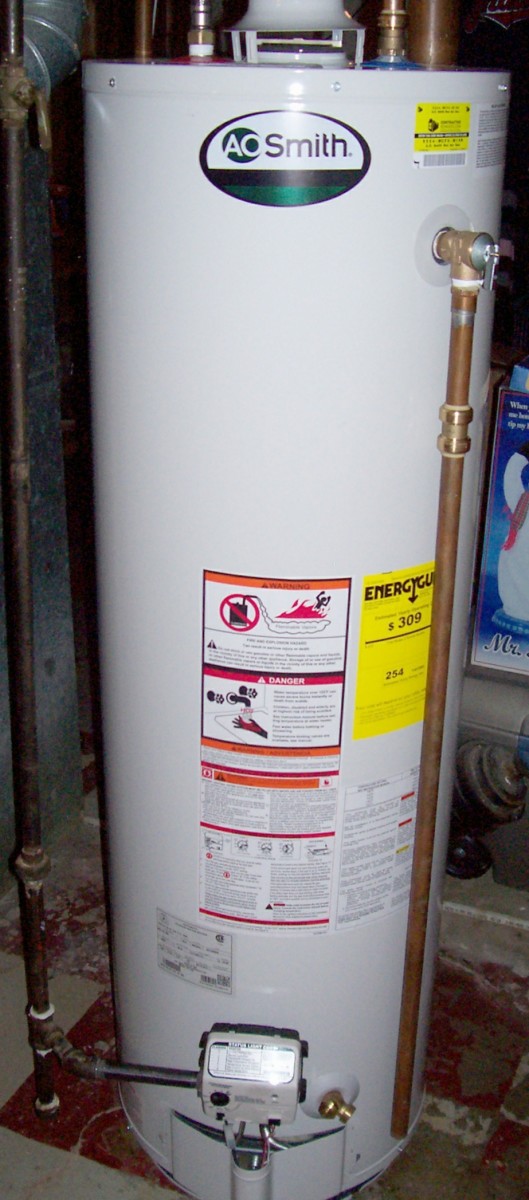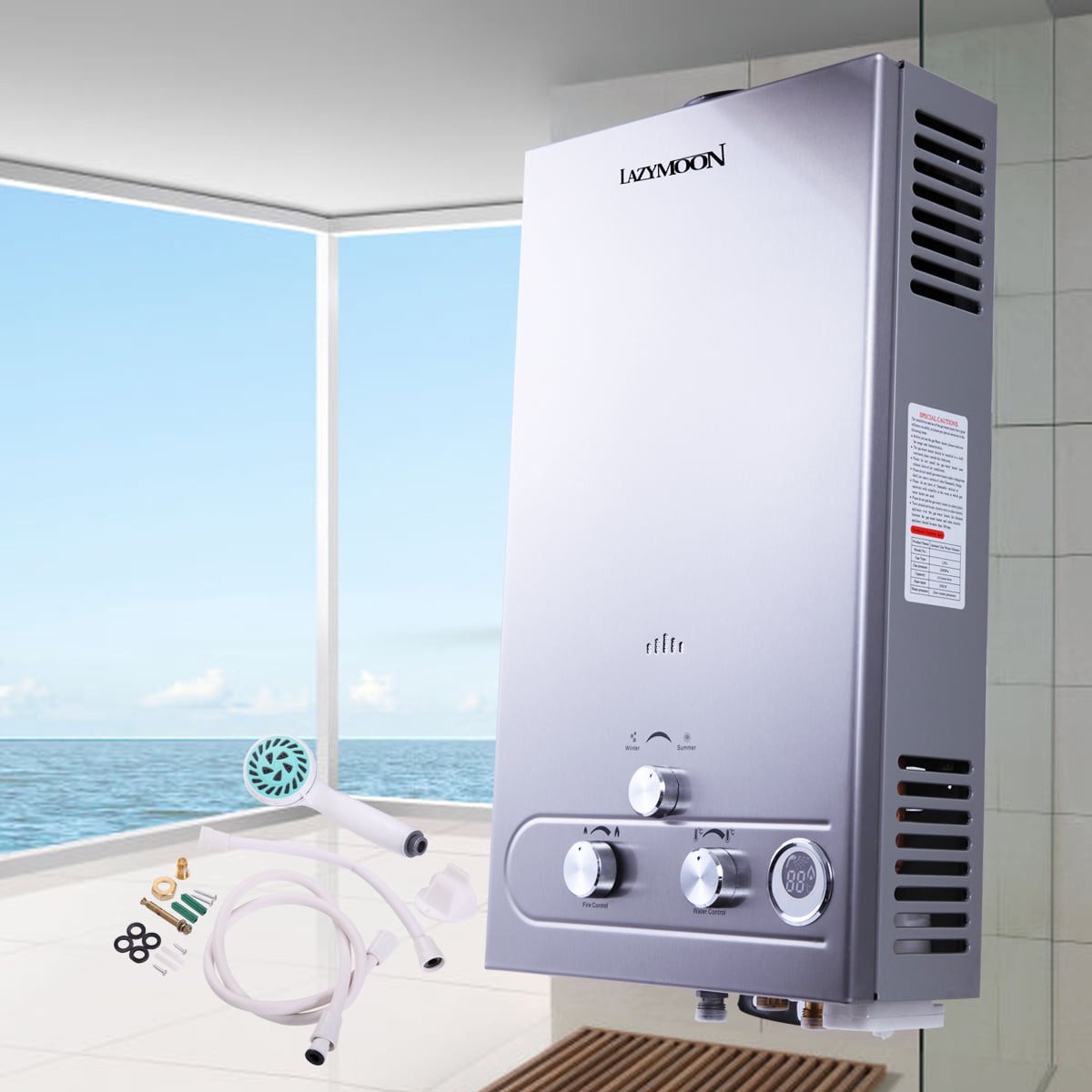

Unless you’re a skilled plumber (and possess the permit required by many municipalities), you’ll probably rely on a licensed contractor to buy and install a new heater. A growing number of local utilities are offering incentives to reduce the upfront price, making the HPWH an even sweeter deal. But that additional cost will be more than offset by savings accrued over the lifetime of the appliance-in some cases, in just two to three years. It’s true that the initial cost of investing in new HPWH technology (from $1,100 before incentives) is higher than what you’d expect to pay for a conventional water heater (from $300).
HOT WATER HEATER FULL
These components are set to activate automatically during periods of high demand, offering reassurance that the hot water won’t run out even when the house is full of guests. In addition to compressors that warm water by trapping heat from the environment, they’re equipped with auxiliary immersion heating units. Smith, Rheem, and Bradford White, the models marketed as hybrids are the most popular. Of the several types of HPWHs now available from respected brands like A.O. Updating your water heater is easy and highly cost-effective in the long run. “But to put us on trajectory, we also need to use clean energy from the grid to decarbonize homes and businesses.”

“We've been making great progress with decarbonizing the power sector, and we're moving forward in the transportation sector with greater efficiency standards and the electrification of vehicles,” Delforge says. Residential energy efficiency is an important tool in addressing climate change, and embracing greener technologies like this one is a meaningful contribution for the homeowner looking to help propel a low-carbon economy forward. (Actual savings will vary, depending on location and the municipal or private utility that supplies electricity to your home.) household of close to $350 a year on electricity bills, or $3,750 over the life of a typical HPWH, according to the Department of Energy’s Energy Star consumer website. The result: savings for the average four-person U.S. In contrast to conventional gas-fired heaters, which generate heat from pollution-spewing combustion, or electric heaters, which use the same type of mechanism found in a toaster, HPWHs use an energy-efficient compressor that gathers heat from the atmosphere and concentrates it in a water storage tank. homes, is even worse: They burn fossil fuels, releasing greenhouse gases and dangerous toxins like nitrogen oxides, which has been linked to numerous respiratory diseases. The impact of gas and propane water heaters, now operating in half of all U.S. Roughly 40 percent of America’s homes are equipped with electric resistance heaters that needlessly draw excessive amounts of energy from the national power grid and contribute to high utility bills. households’ energy consumption-more than cooking and refrigeration combined. Teasing Out the CostsĬurrently, water heaters of all types account for 19 percent of U.S. “The game changer in this technology is that it is 300 to 400 percent more efficient than conventional heating, using much less energy to provide the same level of service,” Delforge says. Here’s all you need to know to make the switch.

HPWHs, which produce heat using the same technology that refrigerators employ to stay cold, release no emissions and get the job done on as little as one-half to a third of the energy of a conventional electric resistance or gas heater. The technological advances and increasing energy efficiency found in the new generation of environmentally friendly heat pump water heaters (HPWH) make them a worthy investment for anyone looking to reduce both carbon emissions and utility bills at once, says Pierre Delforge, senior scientist on NRDC’s building decarbonization team. But the day will come when that trusted water heater springs a leak and shuts down permanently-prompting an urgent call to the plumber.


 0 kommentar(er)
0 kommentar(er)
